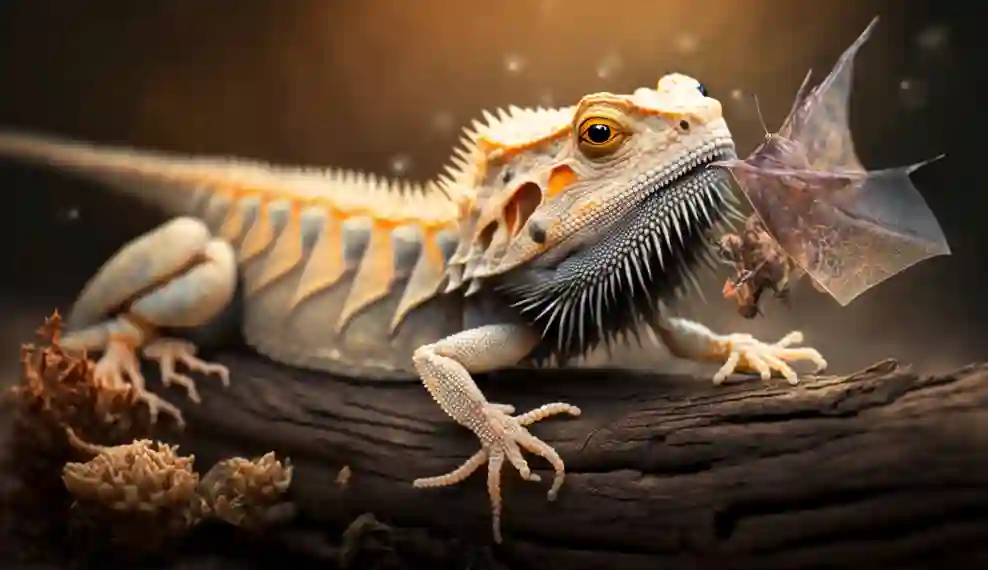Bearded dragons are omnivorous reptiles that need a variety of insects and bugs to meet their nutritional needs. However, not all insects and bugs are suitable for bearded dragons, as some may be toxic, too large, too fatty, or too hard to digest. Therefore, it is important to know which bugs to feed and avoid for your bearded dragon’s health and well-being.
Some of the best insects and bugs for bearded dragons are crickets, silkworms, roaches (such as dubia, discoid, orange head, or turkestan), phoenix worms (also known as black soldier fly larvae or calci-worms), hornworms, silkworms, butterworms .
These insects and bugs are high in protein and calcium, which are essential for bearded dragon’s growth and bone health. They also have a good calcium-to-phosphorus ratio (Ca:P), which means they do not interfere with calcium absorption. Moreover, they are easy to gut load (feed nutritious food before offering them to your dragon) and dust with vitamin supplements.
Some of the insects and bugs to avoid for bearded dragons are mealworms, superworms, wax worms, goliath worms, earthworms, fireflies, wild-caught insects. These insects and bugs are either too high in fat (which can cause obesity and liver problems), too hard to digest (which can cause impaction), or contain toxins (which can cause paralysis or death). Therefore, they should be either avoided completely or fed only occasionally as treats.
Bearded dragons need a varied diet of insects and bugs that provide them with protein and calcium. However, not all insects and bugs are safe or healthy for them. By knowing which bugs to feed and avoid for your bearded dragon’s diet you can ensure their optimal health and happiness.
Let’s talk more in detail:
Types Of Bugs Appropriate For Feeding To Bearded Dragons
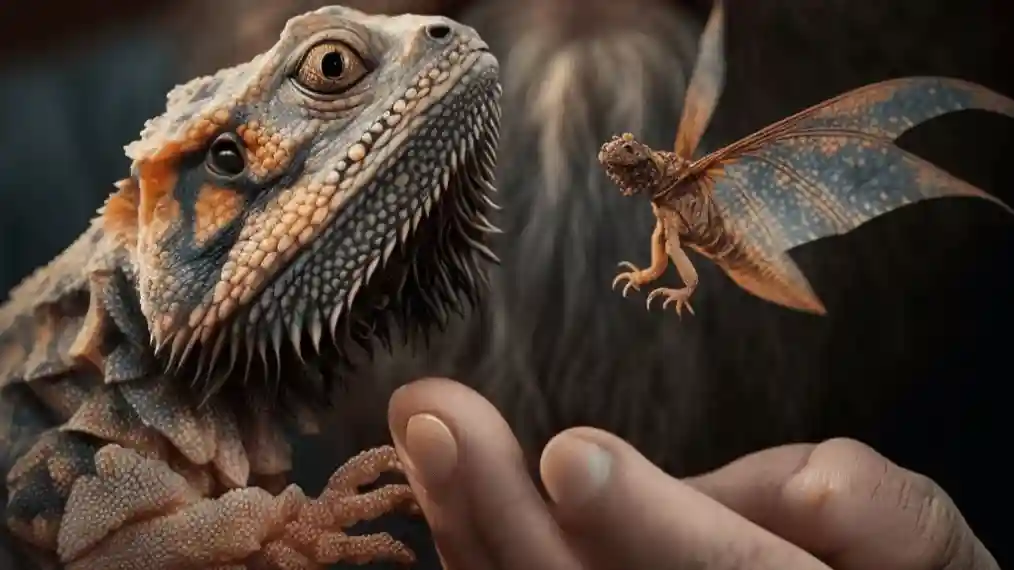
As an experienced herpetologist, I can confidently say that bearded dragons are excellent pet reptiles to own.
Many people are unaware of the variety of bugs that can be used to feed these lizards. In this article, I will discuss the types of bugs that are most appropriate for feeding bearded dragons.
From crickets and mealworms to waxworms and roaches, there are a variety of insects and arachnids that are suitable for bearded dragons. Each of these bugs provides essential nutrients to keep your pet lizard healthy and happy.
Dubia roaches – Dubia roaches are a type of insect often used to feed bearded dragons. They are a smaller species of roach, measuring about an inch in length, and are an excellent source of protein. Dubia roaches are also one of the easiest to care for, requiring minimal maintenance and feeding.
Mealworms – Mealworms are another type of insect often used as food for bearded dragons. They are small, measuring around 1/2-inch in length and are a great source of protein. Mealworms are also easy to care for, and don’t require much maintenance. They are also known to be a favorite among bearded dragons, as they are easy to catch and eat.
Superworms – Superworms are a type of insect similar to mealworms. They are larger, measuring around 1-inch in length and are an excellent source of protein. Superworms are also easy to care for, and don’t require much maintenance. They are also known to be a favorite among bearded dragons due to their size, making them easier to grab and eat.
Hornworms – Hornworms are another type of insect often used for feeding bearded dragons. They are small caterpillars, measuring around 1/2-inch in length, and are an excellent source of protein. Hornworms are also easy to care for, and don’t require much maintenance. They are also known to be a favorite among bearded dragons, as they are easy to catch and eat.
Crickets – Crickets are another type of insect commonly used to feed bearded dragons. They are small, measuring around 1/2-inch in length and are an excellent source of protein. Crickets are also easy to care for, and don’t require much maintenance. They are also known to be a favorite among bearded dragons due to their size and movement, making them easy to catch and eat.
Silkworms – Silkworms are another type of insect often used for feeding bearded dragons. They are small, measuring around 1/2-inch in length and are an excellent source of protein. Silkworms are also easy to care for, and don’t require much maintenance. They are also known to be a favorite among bearded dragons due to their size and movement, making them easy to catch and eat.
Phoenix Worms – Phoenix Worms are another type of insect commonly used as food for bearded dragons. They are small, measuring around 1/4-inch in length and are an excellent source of protein. Phoenix worms are also easy to care for, and don’t require much maintenance. They are also known to be a favorite among bearded dragons due to their size and movement, making them easy to catch and eat.
Waxworms – Waxworms are another type of insect often used to feed bearded dragons. They are small, measuring around 1/2-inch in length and are an excellent source of protein. Waxworms are also easy to care for, and don’t require much maintenance. They are also known to be a favorite among bearded dragons due to their size, making them easy to grab and eat.
Calciworms – Calciworms are another type of insect commonly used as food for bearded dragons. They are small, measuring around 1/4-inch in length and are an excellent source of calcium. Calciworms are also easy to care for, and don’t require much maintenance. They are also known to be a favorite among bearded dragons due to their size, making them easy to grab and eat.
Fruit Flies – Fruit Flies are another type of insect often used to feed bearded dragons. They are small, measuring around 1/8-inch in length and are an excellent source of protein. Fruit flies are also easy to care for, and don’t require much maintenance. They are also known to be a favorite among bearded dragons due to their size, making them easy to grab and eat.
These are some bugs are all appropriate for feeding to bearded dragons, as they all provide a good source of nutrition and are easy to care for. All of these bugs are small in size, making them easy for a bearded dragon to catch and eat.
Appropriate Size Of Insects To Feed A Bearded Dragon
The size of the insects should be no larger than the space between the bearded dragon’s eyes. For hatchlings, you should feed them pinhead crickets and small mealworms. For juveniles and adults, you should feed them medium-sized crickets, waxworms, and larger mealworms.
Live insects should be offered a few times a week. Variety is important, and you should rotate the types of insects offered. This will help ensure your bearded dragon receives a balanced diet of essential vitamins and minerals.
Some of the more popular insects to feed your bearded dragon include crickets, dubia roaches, super worms, silkworms, and hornworms. You can also supplement with gut-loaded feeder insects like waxworms, butterworms, and Phoenix worms.
Make sure to always dust the insects with a reptile-safe calcium and vitamin supplement before feeding them to your bearded dragon.
Nutritional Benefits Of Feeding Bugs
Now that you know the appropriate size of insects to feed your bearded dragon, let’s talk about the nutritional benefits of feeding them bugs.
Bugs make up a large part of a dragon’s diet and are essential for their health. Insects offer essential vitamins such as calcium, vitamin A, phosphorus, magnesium and other trace minerals.
These nutrients help keep dragons healthy by providing important proteins and fats needed for proper growth and development. Feeding your bearded dragon an appropriate variety of bugs will provide it with all the necessary nutrition to remain healthy and active.
Insect nutrition is also important because certain insect species contain higher amounts of omega-3 fatty acids which can help reduce inflammation in dragons.
Some worms like silkworms have high levels of carotenoids which act as antioxidants in dragons’ bodies – helping protect cells from damage caused by free radicals. Ultimately, adding various types of insects into your pet’s diet will ensure they get all the essential nutrients required for optimal health.
Harmful Effects Of Eating Unsuitable Bugs For Bearded Dragons
Eating unsuitable bugs can result in serious health issues. These include allergic reactions, food poisoning, and infections. Allergic reactions may occur due to an individual’s sensitivity to certain proteins present in the bugs’ bodies. Eating bugs can also cause food poisoning due to the presence of bacteria and other pathogens in the bugs.
Eating unsuitable bugs can have negative environmental impacts. Many species of bugs are essential for the functioning of various ecosystems, and the disruption of their populations can have significant consequences.
For example, the decline of certain beetle species can reduce the fertility of the soil, thus reducing the productivity of agricultural land.
It is important to exercise caution when hunting and consuming any bugs that may be unsuitable for human consumption to ensure the preservation of their populations.
Wild-Caught Vs Captive-Bred Insects: Which is Good for Beardies?
Wild-caught insects are usually considered to be the best choice for bearded dragons, as they are more nutritious and contain a wider variety of nutrients than captive-bred insects. Wild-caught insects also have a more natural diet, as they have not been raised on a specific diet like captive-bred insects.
Wild-caught insects are more likely to be free of parasites and other illnesses that can be passed to the dragon. The downside is that wild-caught insects can be harder to find and more expensive than captive-bred insects.
Captive-bred insects are usually easier to find and more affordable than wild-caught insects. They can also be more convenient, as they can be purchased from pet stores or online.
However, captive-bred insects are not as nutritious as wild-caught insects and may lack some essential vitamins and minerals. Additionally, captive-bred insects may be more susceptible to parasites and illnesses, as they have not been exposed to the same natural environment.
Feeding Bugs To Bearded Dragons: Which one they can eat actually?
Can bearded dragons eat bugs from outside?
Yes, bearded dragons can eat bugs from outside, but caution should be exercised when doing so. Wild-caught insects may have been exposed to pesticides or other harmful substances, which can be harmful to your pet. It’s recommended to collect insects from areas that are known to be free of pesticides and to avoid insects from busy roads or other areas with high traffic.
Can bearded dragons eat stink bugs?
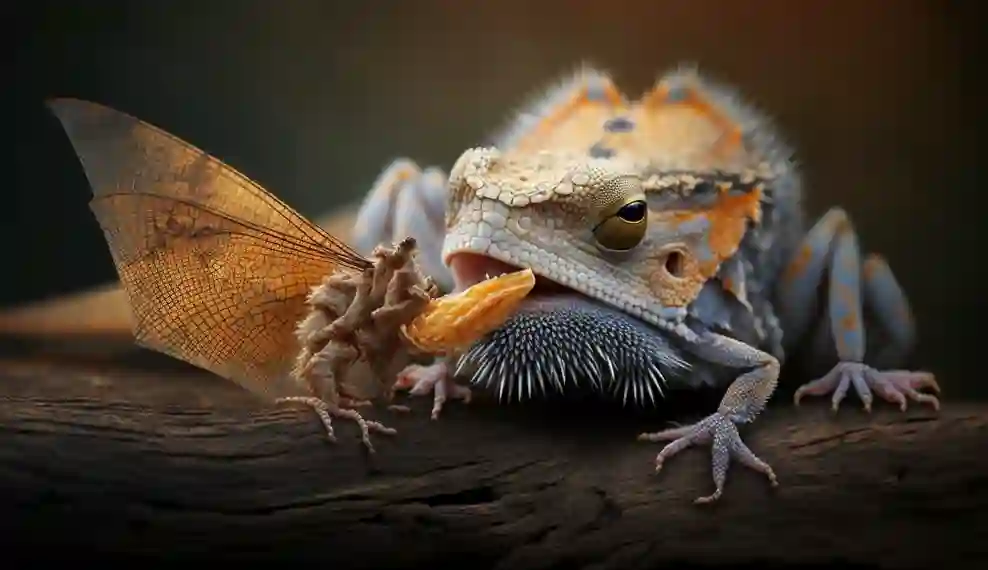
No, bearded dragons should not be fed stink bugs. Stink bugs contain toxins that can be harmful to your pet, potentially causing digestive issues, lethargy, and even death. It’s best to avoid feeding stink bugs to your bearded dragon and opt for other safer insect options.
Can bearded dragons eat June bugs?
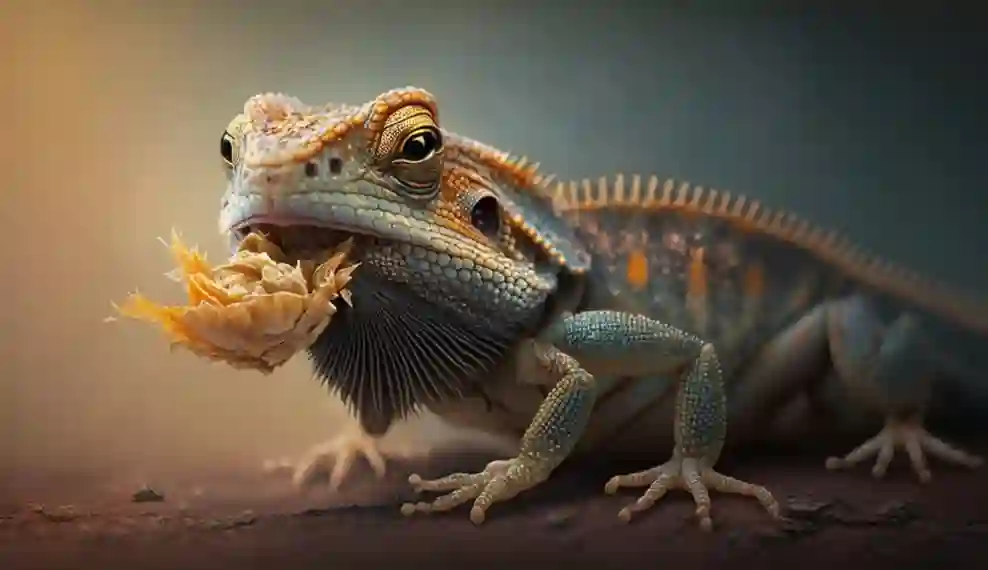
Yes, bearded dragons can eat june bugs. These insects are a good source of nutrition for your pet, containing high levels of protein and other essential nutrients. Just make sure to remove the hard outer wings before feeding them to your bearded dragon, as they can be difficult to digest.
Can bearded dragons eat pill bugs?
Yes, bearded dragons can eat pill bugs. These insects, also known as roly-polies or woodlice, are a safe and nutritious food source for your pet. Just make sure to offer them in moderation and to avoid feeding them exclusively, as they don’t provide a complete and balanced diet.
Can bearded dragons eat ladybugs?
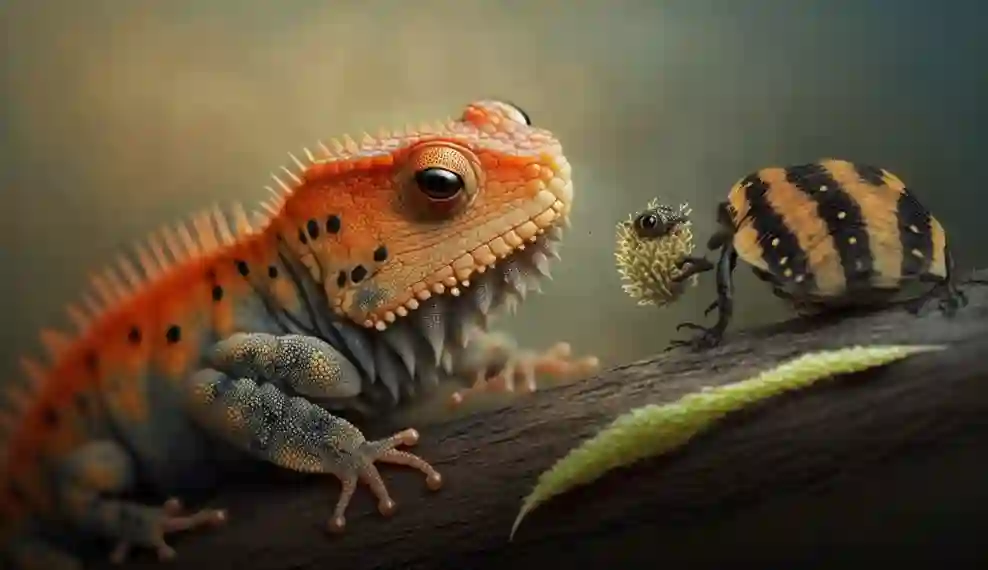
No, bearded dragons should not be fed ladybugs. While they may be tempting snack, ladybugs contain toxins that can be harmful to your pet. These toxins can cause digestive issues and even lead to death in some cases. It’s best to avoid feeding ladybugs to your bearded dragon and opt for other safer insect options.
Can bearded dragons eat water bugs?
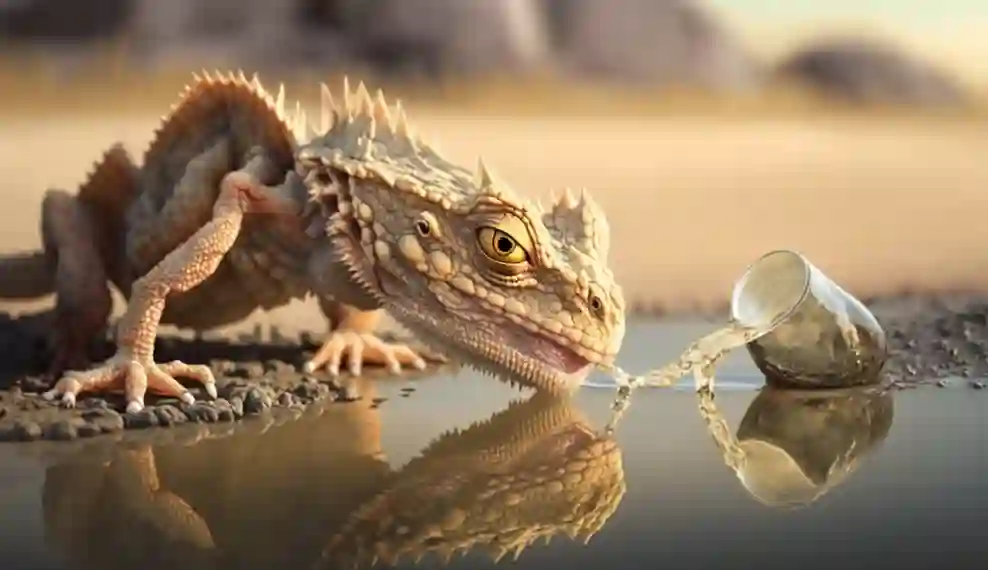
Yes, bearded dragons can eat water bugs. These insects, also known as aquatic insects, are a good source of protein and other essential nutrients. Just make sure to offer them in moderation and to avoid feeding them exclusively, as they don’t provide a complete and balanced diet.
Can bearded dragons eat boxelder bugs?
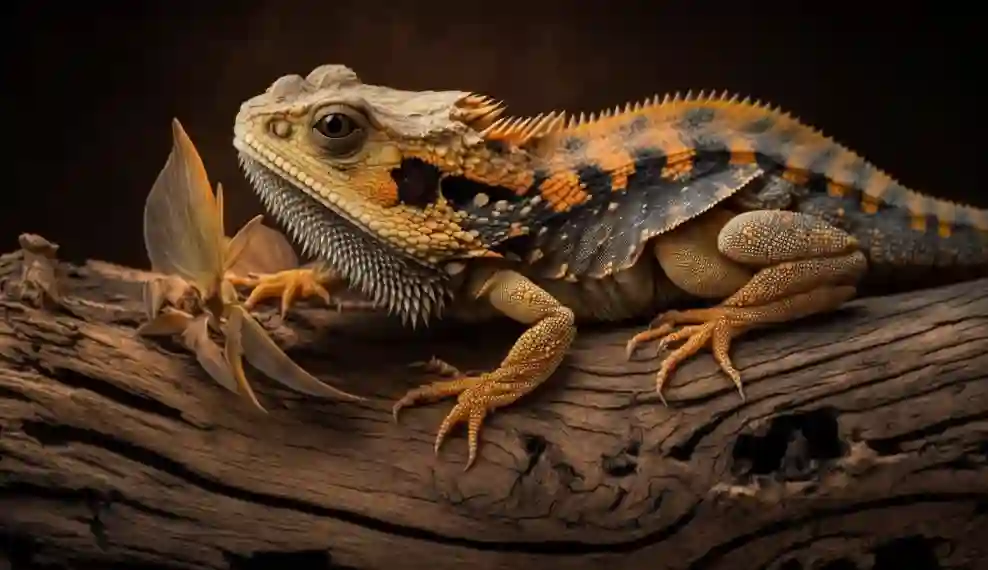
Yes, bearded dragons can eat boxelder bugs. These insects are a safe and nutritious food source for your pet, containing high levels of protein and other essential nutrients. Just make sure to offer them in moderation and to avoid feeding them exclusively, as they don’t provide a complete and balanced diet.
Can bearded dragons eat bed bugs?
No, bearded dragons should not be fed bed bugs. Bed bugs can carry harmful bacteria and toxins, which can be harmful to your pet. Additionally, bed bugs are not a nutritionally complete food source and should not be offered as a regular part of your bearded dragon’s diet.
Can bearded dragons eat dead bugs?
No, it’s not recommended to feed your bearded dragon dead bugs. Dead insects can quickly grow bacteria, which can cause digestive issues and other health problems for your pet. It’s best to feed your bearded dragon live insects that are gut-loaded and free of any pesticides or other harmful substances.
Can bearded dragons eat freeze-dried bugs?
Yes, bearded dragons can eat freeze-dried bugs, but they should not be the primary source of nutrition for your pet. Freeze-dried insects lack the moisture content of live insects and can be more difficult for your bearded dragon to digest. It’s best to offer a variety of fresh, live insects to ensure your pet is getting a complete and balanced diet.
Can bearded dragons eat house bugs?
Yes, bearded dragons can eat certain types of house bugs, such as crickets and mealworms. However, caution should be exercised when feeding house bugs, as they may have come into contact with pesticides or other harmful substances. It’s best to raise your own insects or purchase them from a reputable supplier to ensure their safety.
Can bearded dragons eat lightning bugs?
No, bearded dragons should not be fed lightning bugs. These insects contain toxins that can be harmful to your pet, potentially causing digestive issues, lethargy, and even death. It’s best to avoid feeding lightning bugs to your bearded dragon and opt for other safer insect options.
Can bearded dragons eat leaf bugs?
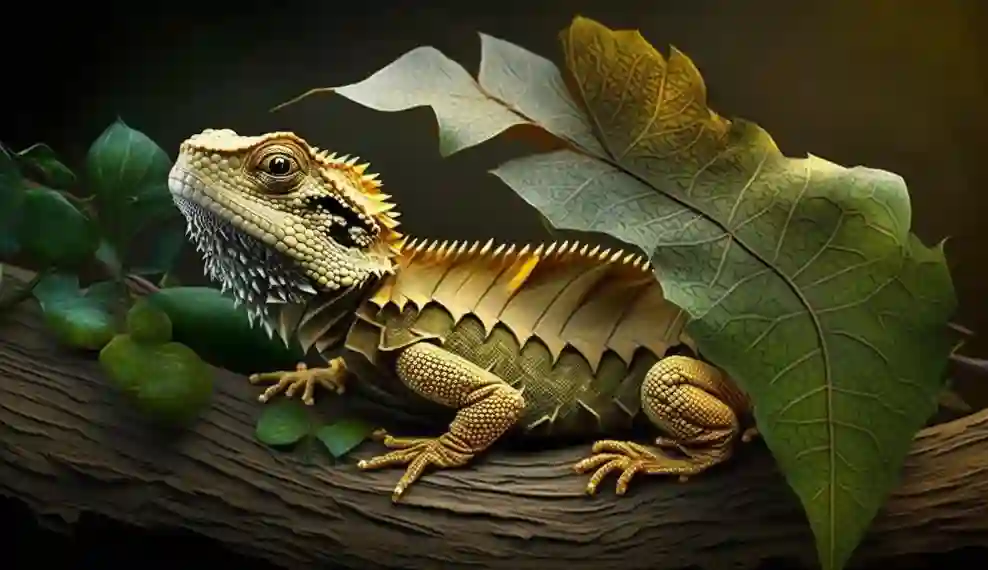
Yes, bearded dragons can eat leaf bugs, also known as katydids. These insects are a good source of nutrition for your pet, containing high levels of protein and other essential nutrients. Just make sure to remove the hard outer wings before feeding them to your bearded dragon, as they can be difficult to digest.
Can bearded dragons eat milkweed bugs?
No, bearded dragons should not be fed milkweed bugs. These insects contain toxins that can be harmful to your pet, potentially causing digestive issues, lethargy, and even death. It’s best to avoid feeding milkweed bugs to your bearded dragon and opt for other safer insect options.
Can bearded dragons eat potato bugs?
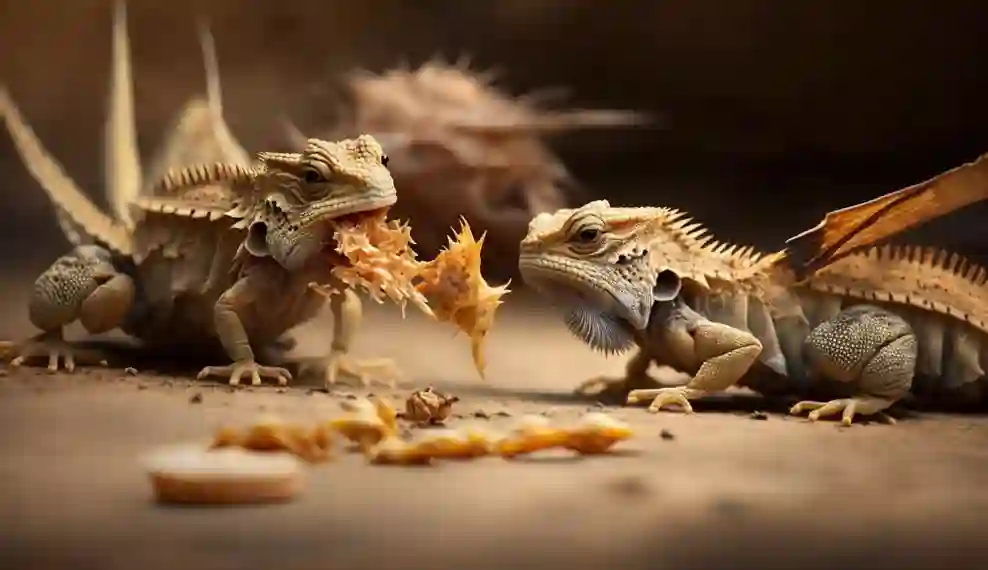
No, bearded dragons should not be fed potato bugs, also known as Jerusalem crickets. These insects contain toxins that can be harmful to your pet, potentially causing digestive issues, lethargy, and even death. It’s best to avoid feeding potato bugs to your bearded dragon and opt for other safer insect options.
Can bearded dragons eat palmetto bugs?
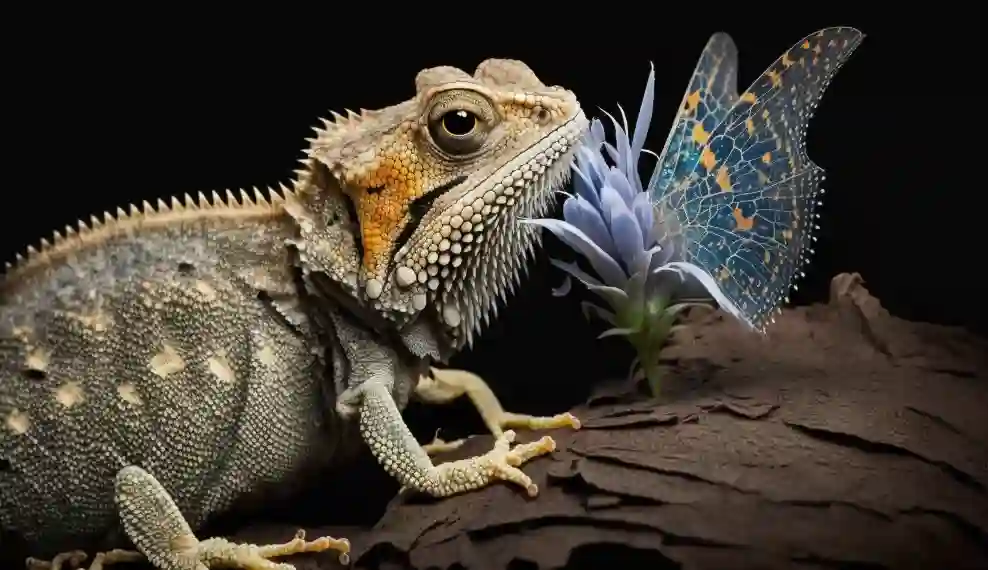
Yes, bearded dragons can eat palmetto bugs, also known as American cockroaches. These insects are a safe and nutritious food source for your pet, containing high levels of protein and other essential nutrients. Just make sure to offer them in moderation and to avoid feeding them exclusively, as they don’t provide a complete and balanced diet.
Can bearded dragons eat pincher bugs?
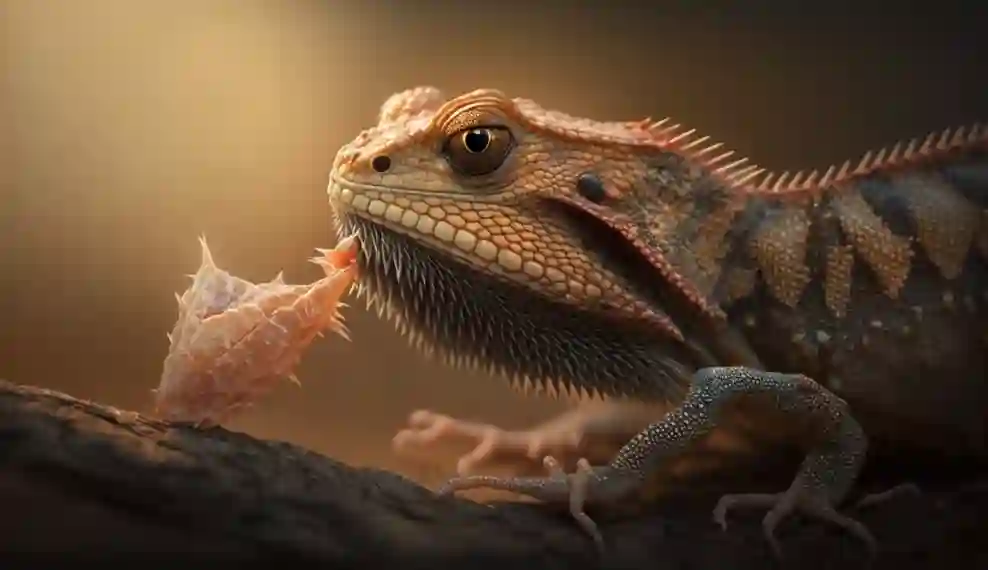
Yes, bearded dragons can eat pinchers bugs, also known as earwigs. These insects are a safe and nutritious food source for your pet, containing high levels of protein and other essential nutrients. Just make sure to offer them in moderation and to avoid feeding them exclusively, as they don’t provide a complete and balanced diet.
Can bearded dragons eat roly-poly bugs?
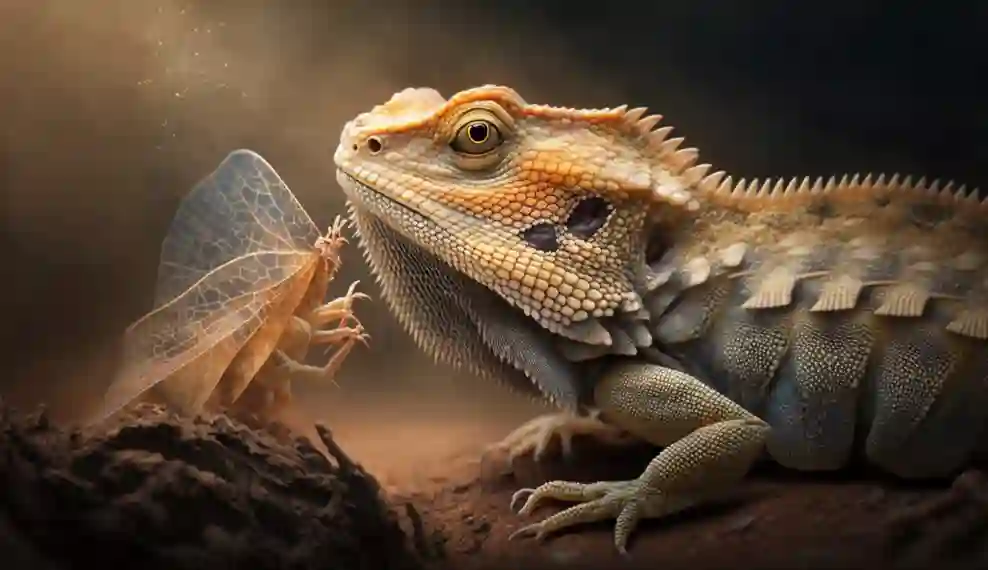
Yes, bearded dragons can eat roly-poly bugs, also known as pill bugs or woodlice. These insects are a safe and nutritious food source for your pet, containing high levels of protein and other essential nutrients. Just make sure to offer them in moderation and to avoid feeding them exclusively, as they don’t provide a complete and balanced diet.
Can bearded dragons eat stick bugs?
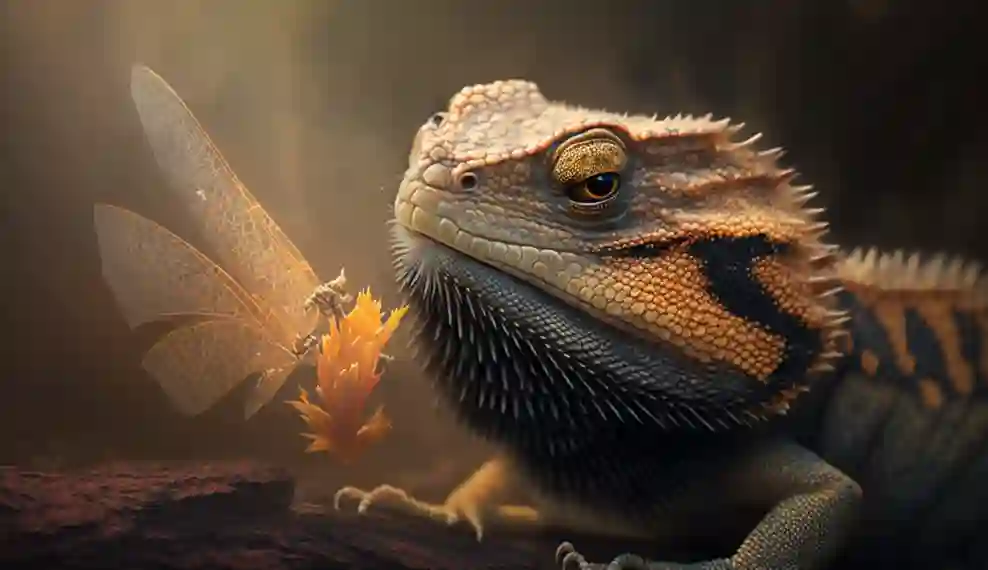
Yes, bearded dragons can eat stick bugs, also known as walking sticks. These insects are a safe and nutritious food source for your pet, containing high levels of protein and other essential nutrients. Just make sure to offer them in moderation and to avoid feeding them exclusively, as they don’t provide a complete and balanced diet.
Can bearded dragons eat squash bugs?
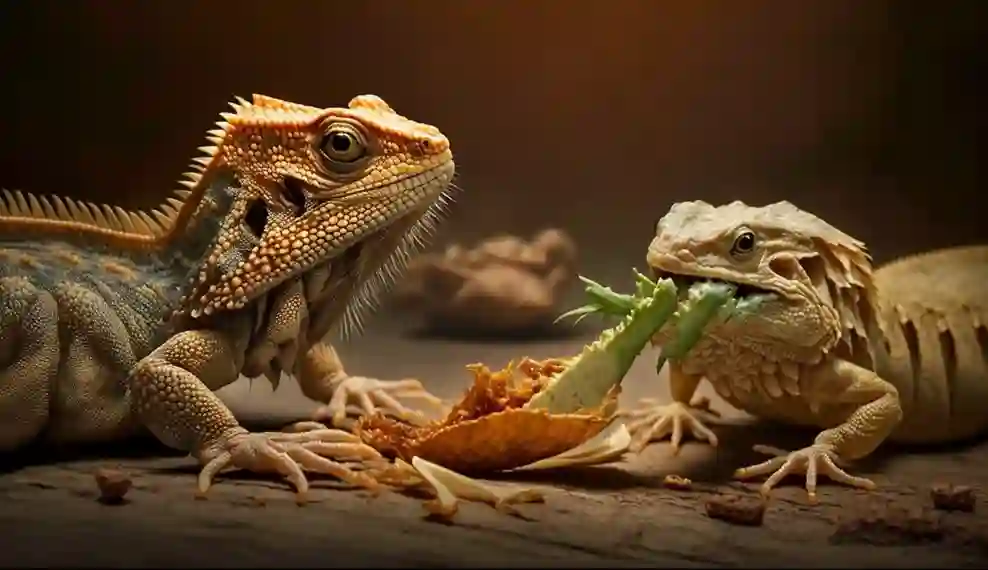
No, bearded dragons should not be fed squash bugs. These insects contain toxins that can be harmful to your pet, potentially causing digestive issues, lethargy, and even death. It’s best to avoid feeding squash bugs to your bearded dragon and opt for other safer insect options.
Can bearded dragons eat sow bugs?
Yes, bearded dragons can eat sow bugs, also known as pillbugs or woodlice. These insects are a safe and nutritious food source for your pet, containing high levels of protein and other essential nutrients. Just make sure to offer them in moderation and to avoid feeding them exclusively, as they don’t provide a complete and balanced diet.
Can bearded dragons eat wild bugs?
It’s not recommended to feed your bearded dragon wild bugs, as they may have come into contact with pesticides or other harmful substances. It’s best to raise your own insects or purchase them from a reputable supplier to ensure their safety.
Can bearded dragons eat wood bugs?
Yes, bearded dragons can eat wood bugs, also known as roly-poly bugs or pillbugs. These insects are a safe and nutritious food source for your pet, containing high levels of protein and other essential nutrients. Just make sure to offer them in moderation and to avoid feeding them exclusively, as they don’t provide a complete and balanced diet.
How Long Can A Bearded Dragon Go Without Eating Insects?
It’s generally recommended that a bearded dragon should be offered a diet of insects at least three times a week, with a variety of different insects offered. Depending on the size and age of the dragon, they may be offered up to five meals per week.
If a dragon goes without insects for an extended period of time, it may become malnourished, so it is important to offer a variety of insects as part of their regular diet.
If a bearded dragon does not have access to insects due to an owner’s absence or other circumstances, it is important to provide them with alternative sources of nutrition. A dragon can be fed a combination of commercially prepared gut-loaded insects, fruits, and vegetables.
This can be supplemented with calcium powder and vitamin D3 supplements. These should be offered in small portions, as bearded dragons can easily become overweight. Additionally, it is important to ensure that all food offered is fresh and safe for the dragon to consume.
What Is The Best Way To Store Insects For Bearded Dragons?
The best way to store insects for bearded dragons is to separate the food by type in their own containers. Use a separate container for live insects, such as crickets, and a separate container for dried insects, such as mealworms.
Be sure to provide adequate ventilation in the container, and keep the food at room temperature. Additionally, make sure to keep the food containers away from direct sunlight to prevent any overheating.
It is also important to provide a calcium supplement for your bearded dragon. This can be done by dusting the insects with a powdered calcium supplement before feeding them to your bearded dragon.
This will help to ensure that your dragon is getting enough of the essential minerals and vitamins it needs to stay healthy.
It is important to monitor the food you are giving your dragon to ensure it is receiving enough nutrition. If you notice any signs of malnutrition, such as weight loss, then you may need to supplement your dragon’s diet with other food sources.
How Often Should Bearded Dragons Be Fed Insects?
I’m sure you’ve heard that bearded dragons need a balanced diet in order to stay healthy and happy. But how often should they be fed insects? It’s important to know the answer to this question so you can ensure your pet is getting all the nutrition it needs.
When it comes to feeding frequency, there are a few things to consider: insect feeding frequency, insect feeding amounts, feeding insects regularly, and insect feeding intervals.
Generally speaking, younger bearded dragons should eat every day while adult bearded dragons usually only need feedings three or four times per week. Here’s a quick breakdown of what this looks like:
- Feed juvenile bearded dragons 3-4 large insects once daily
- Feed adult bearded dragons 2-3 medium sized insects 1-2x/day
- Provide an array of different types of bugs throughout the week for variety (crickets, waxworms, roaches etc.)
- Offer supplementation with calcium/vitamin powder 1-2x/week
It’s also important to keep in mind that if your dragon isn’t eating enough food during their regular meals then they may benefit from more frequent feedings—just make sure not to overfeed.
Making sure your beardie has access to fresh water and hideouts when it’s time for them to digest is also essential. Providing these necessary resources will help create a stress-free environment where your reptile friend can thrive!
Are There Any Risks Associated With Feeding Bearded Dragons Wild-Caught Insects?
Feeding bearded dragons wild-caught insects can be a risky endeavor. It’s important to understand the potential risks associated with feeding your pet this type of bug before doing so.
Symbolically speaking, taking care of animals requires us to take great caution in order to ensure their safety and well-being. For example, when it comes to feeding our beloved bearded dragon, we have to make sure that whatever we feed them is safe – especially if it’s something as volatile as wild-caught insects.
There are many things you need to consider when it comes to using wild-caught insects for your beardie’s diet:
Potential Risks:
- Diseases: Wild-caught bugs may carry disease or parasites that could potentially harm your pet.
- Pesticides: If these bugs were collected from an area where pesticides had been used, they might contain harmful chemicals that could pass on to your pet.
Benefits:
- Variety: Wild-caught bugs offer more variety than store-bought ones, which allows you to give your beardie different kinds of nutrition and flavors.
- Natural Environment: These bugs live in natural environments, giving them access to all sorts of beneficial nutrients that aren’t found in store-bought varieties.
